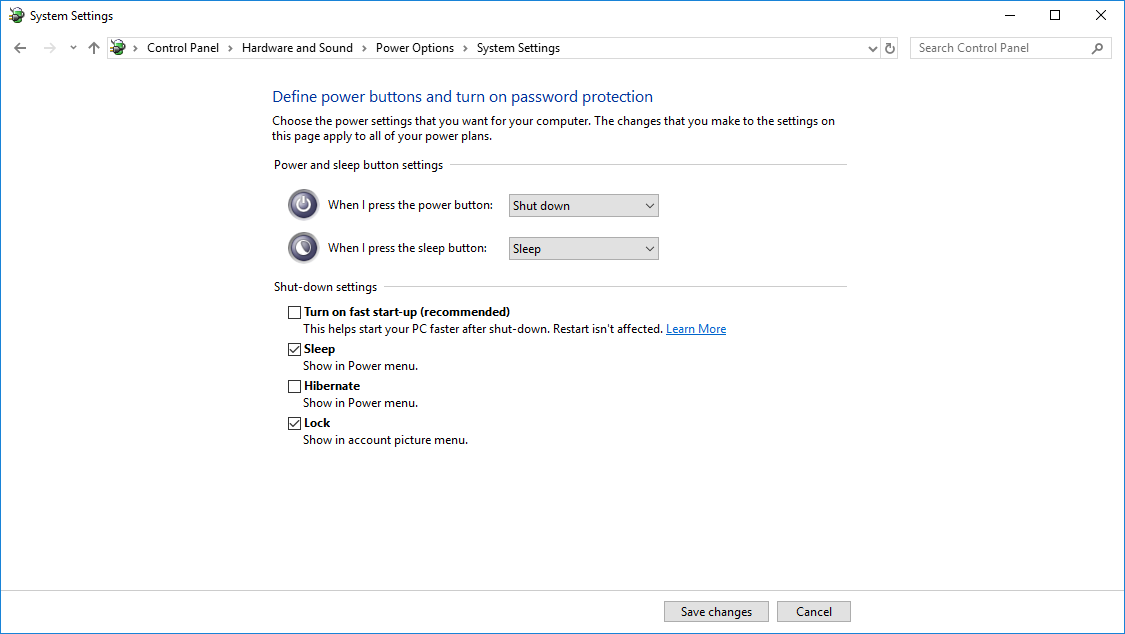Every time I copy something then try to paste it I get this message:
C:\Users\MacShat\AppData\Local\Temp\PRODUCT_NAME_UNKNOWN_CrashDumpPRODUCT_VERSION_MAJOR_UNKNOWN-PRODUCT_VERSION_MINOR_UNKNOWN-2018-09-17--23-04-05_.dmp.
I ran the memory diagnostic tool and when my RAM is on the XMP profile a hardware problem is detected. The issue I have now comes and goes meaning sometimes it works sometimes it doesn't. I don't know if its a RAM issue or not. I have the Corsair Vengence RGB 2x8GB 3000mHz sticks. I could use some help considering copying and pasting is pretty essential for everyday tasks.
C:\Users\MacShat\AppData\Local\Temp\PRODUCT_NAME_UNKNOWN_CrashDumpPRODUCT_VERSION_MAJOR_UNKNOWN-PRODUCT_VERSION_MINOR_UNKNOWN-2018-09-17--23-04-05_.dmp.
I ran the memory diagnostic tool and when my RAM is on the XMP profile a hardware problem is detected. The issue I have now comes and goes meaning sometimes it works sometimes it doesn't. I don't know if its a RAM issue or not. I have the Corsair Vengence RGB 2x8GB 3000mHz sticks. I could use some help considering copying and pasting is pretty essential for everyday tasks.



